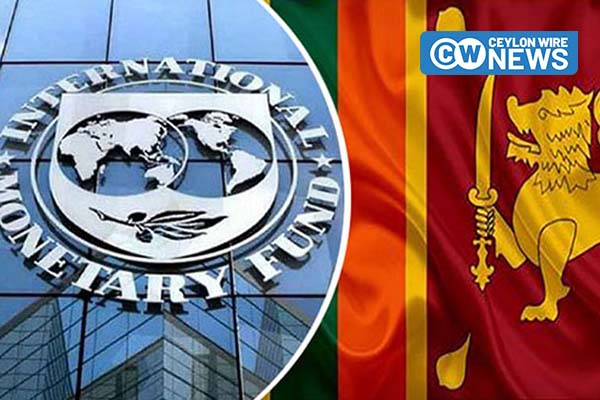Full Statement:
The Executive Board of the International Monetary Fund (IMF) has successfully concluded the initial review of Sri Lanka’s 48-month Extended Fund Facility (EFF) Arrangement. This milestone enables an immediate disbursement of SDR 254 million (approximately US$337 million), contributing to a cumulative total of SDR 508 million (about US$670 million) disbursed under the EFF.
Since its approval on March 20, 2023, the EFF Arrangement for Sri Lanka, amounting to SDR 2.286 billion (around US$3 billion), aims to support the country’s economic policies and reforms. The program is designed to restore macroeconomic stability, ensure debt sustainability, safeguard financial stability, and foster growth-oriented structural reforms.
Following discussions on Sri Lanka’s economic progress, Mr. Kenji Okamura, Deputy Managing Director, issued the following statement:
“Macroeconomic policy reforms are yielding positive outcomes, with the economy exhibiting early signs of stabilization, marked by rapid disinflation, substantial fiscal adjustment based on revenue, and the accumulation of reserves.
“Performance under the EFF-supported program has been commendable. While all quantitative performance criteria for end-June were met, except for expenditure arrears, most indicative targets were achieved, with the exception of tax revenues. Structural benchmarks, including the publication of a Governance Diagnostic Report, the first in Asia under the program, were either met or implemented with a slight delay by end-October 2023. The commitment to improving governance and implementing the report’s recommendations is crucial for tangible economic gains.
“Sri Lanka’s agreements-in-principle with the Official Creditors Committee and Export-Import Bank of China on debt treatments align with EFF targets, marking a significant step toward debt sustainability. Swift completion and signature of Memoranda of Understanding with official creditors, along with a resolution with external private creditors on comparable terms, will contribute to restoring Sri Lanka’s debt sustainability.
“To ensure a robust recovery, sustaining reform momentum and demonstrating strong ownership of reforms is paramount. Key priorities include advancing revenue mobilization, aligning energy pricing with costs, fortifying social safety nets, rebuilding external buffers, eradicating corruption, and enhancing governance.
“Reinforcing revenue-based fiscal consolidation, supported by revenue administration reforms, is crucial for recovering from program slippages and breaking from past policy shortcomings.
“The Central Bank of Sri Lanka should maintain focus on a comprehensive disinflation strategy to uphold the credibility of its inflation targeting regime. Accumulating reserves, backed by exchange rate flexibility, remains a top priority under the EFF.
“Implementing the bank recapitalization plan and strengthening financial supervision and crisis management frameworks are vital for safeguarding financial sector stability.
“Further enhancing the social safety net and protecting social spending are critical elements in safeguarding the well-being of the poor and vulnerable.”









